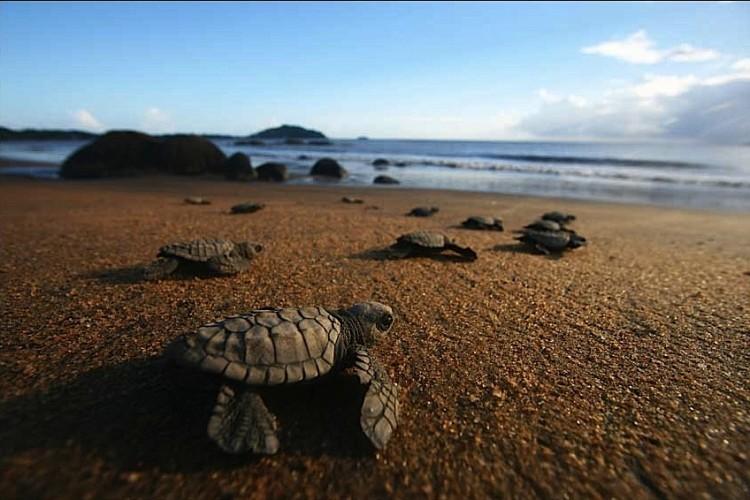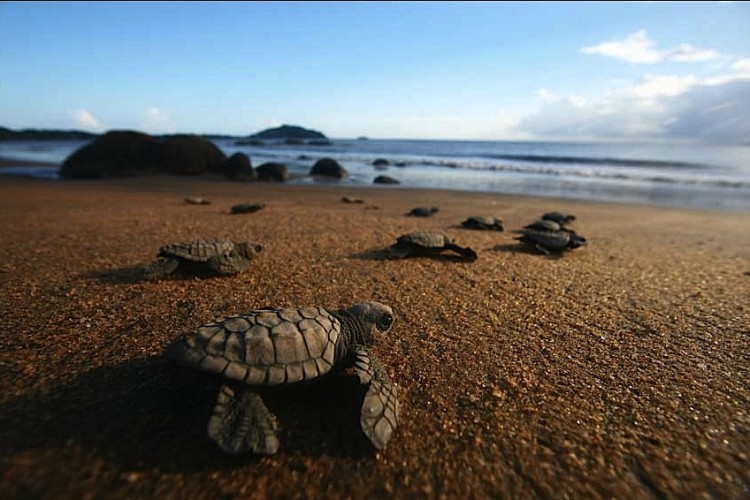The distribution of plastic debris floating in Australian waters is being mapped and modeled by a PhD student to give sea turtle hatchlings a better start in life.
“The early life of sea turtles occurs at the ocean’s surface, where there’s an increasing amount of floating plastics that are proving fatal to hatchlings,” explained Julia Reisser of the University of Western Australia in a statement.
Reisser works at the Commonwealth Scientific and Industrial Research Organisation (CSIRO) and will determine the pathways that marine plastics and hatchlings tend to follow.
“My work is identifying the places contributing most to the increase in plastics in Australia’s oceans and how this links to sea turtle life cycles,” she said.
With almost a decade’s worth of sea turtle research under her belt, Reisser also began studying marine plastics two years ago.
“We’re quantifying plastic pollution hazards and its distribution throughout Australia’s oceans, and [will] contribute to a national marine debris audit being undertaken by CSIRO’s Wealth from Oceans National Research Flagship,” she said.
Reisser will work from on board CSIRO’s Marine National Facility vessel Southern Surveyor. The vessel is dedicated to research that is internationally peer reviewed and of Australian interest.
The Epoch Times publishes in 35 countries and in 19 languages. Subscribe to our e-newsletter.






